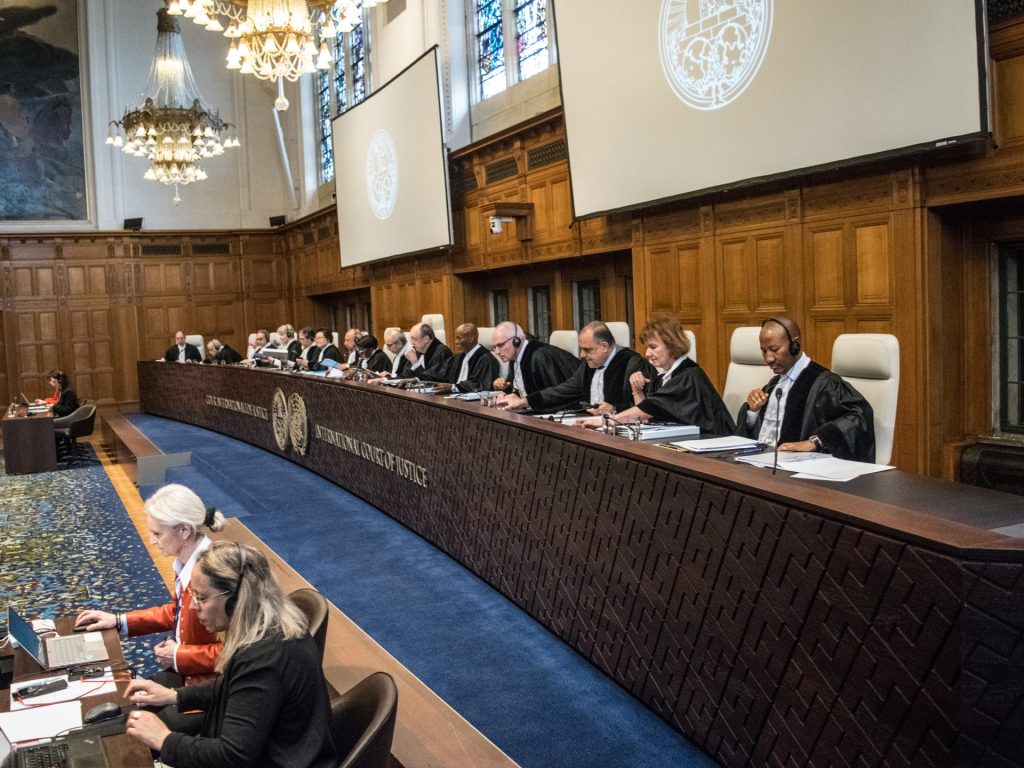Germany has denied accusations that it was aiding genocide in Gaza by selling arms to Israel, stating that 98% of arms exports since October 7 were general equipment like vests, helmets, and binoculars. The German Foreign Ministry’s legal adviser, Tania von Uslar-Gleichen, argued at the International Court of Justice (ICJ) that Nicaragua’s case was rushed and based on flimsy evidence, advocating for its dismissal due to lack of jurisdiction. The scrutiny of arms exports for adherence to international law was emphasized, with Germany claiming to prioritize Israel’s security due to the historical responsibility towards the Jewish people.
Germany, as one of Israel’s largest military suppliers, sent 326.5 million euros in equipment and weapons in 2023, according to official data. Since the attacks led by Hamas on October 7 and Israel’s subsequent assault on Gaza, Germany has faced protests, legal cases, and accusations of hypocrisy for supporting Israel despite civilian casualties in Gaza. The Palestinian authorities reported a significant number of casualties from Israeli attacks, further fueling criticism of Germany’s arms exports. A lawyer for Germany, Christian Tams, highlighted that the majority of arm exports consisted of non-lethal equipment, with only a small portion intended for combat and training purposes.
Nicaragua has brought the case to the ICJ, seeking to halt arms sales from Germany to Israel and to resume funding for the United Nations Relief and Works Agency for Palestine Refugees (UNRWA). Lawyers for Nicaragua argued that Germany’s arms sales violated the 1948 Genocide Convention and international law, citing the risk of genocide as a concern. Despite the preliminary stage of the case, Nicaragua emphasized the importance of Germany’s military aid to Israel as a key issue. The ICJ is expected to rule on Nicaragua’s requested emergency measures in the coming weeks, but a final judgment on the case’s merits could take years, with limited enforcement capabilities.
In response to accusations from South Africa, the ICJ previously ruled in January that Israel’s actions potentially violated rights under the Genocide Convention and called for a halt to any potential acts of genocide. This decision highlights the legal scrutiny facing Germany’s arms exports to Israel and the broader implications for international law and human rights. The case reflects a growing legal action in support of Palestinians and raises questions about the responsibility of countries like Germany in conflicts involving human rights violations and potential genocide. As the legal proceedings unfold at the ICJ, the international community will closely monitor the implications for arms sales and humanitarian aid in conflict-ridden regions like Gaza.















